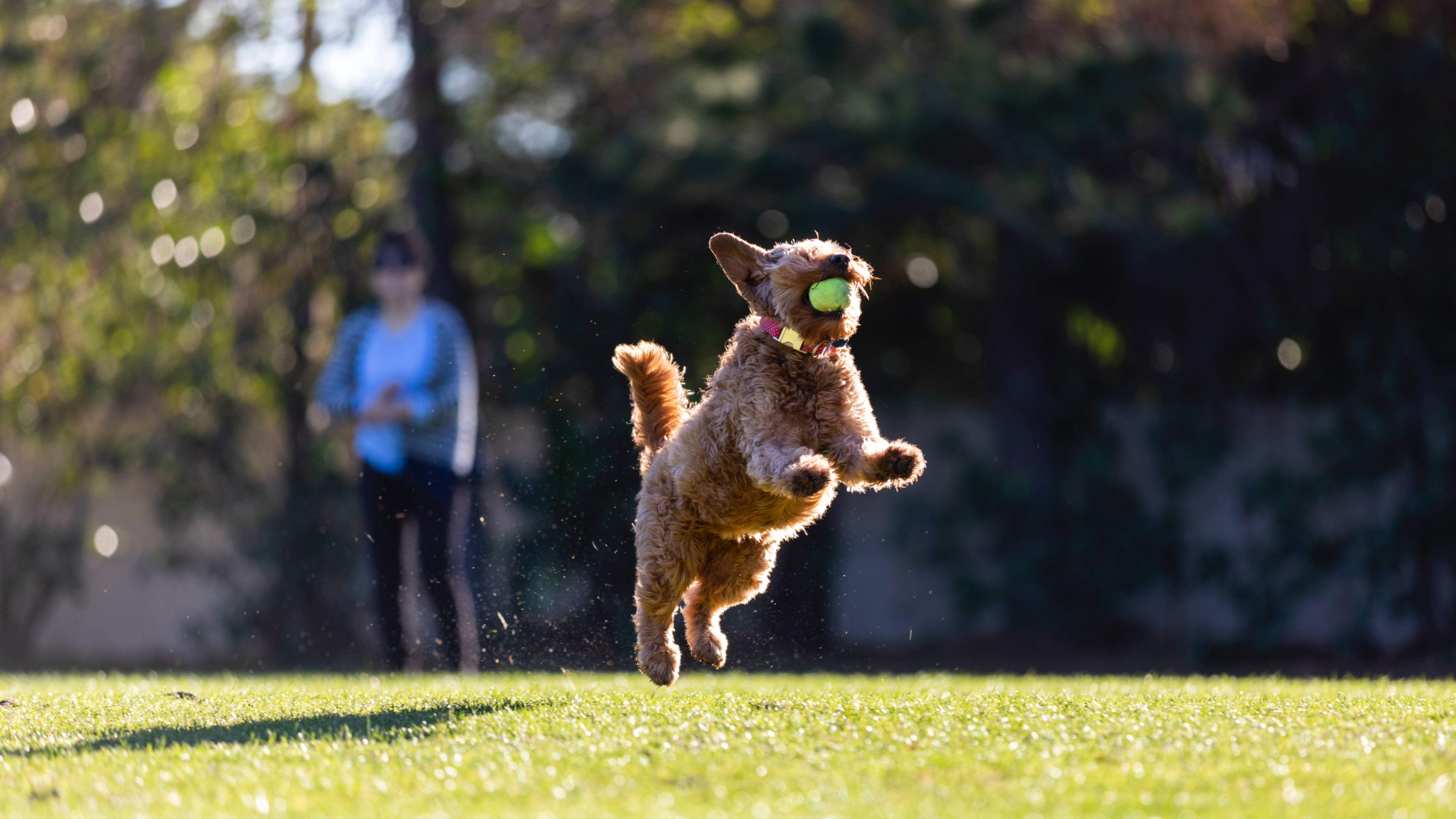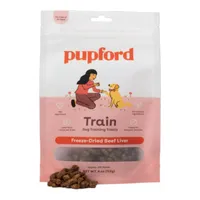If you’re struggling with your dog's recall, this trainer's advice will help
Getting a good recall can be tricky, but these tips will make it easier

A solid recall is one of the most important things to work on with your dog, but it’s not always easy. While it’s often thought of as one of the basics, or fundamentals, of dog training, it can be more difficult than you might think.
When recall isn’t going well, it’s easy to get disheartened, but there are things we can try to help improve – it just takes some teamwork with our pups (okay, and maybe some of the best dog treats too!)
If you’d like to know what to try, take a look at this recent Instagram post from Amelia Steele – or Amelia the Dog Trainer – a professional dog trainer and behavioral consultant. It certainly gave us some food for thought!
A post shared by Amelia Steele (@ameliathedogtrainer)
A photo posted by on
Pupford Beef Liver Training Freeze-Dried Dog Treats
We gave these to our tester Isaiah for his dog Hayes to try. He reports back that they're his new favorite treat and are a suitable size for training. "He could and would eat the whole bag if allowed!"
Steele suggests that we can sometimes find ourselves wasting time on drills when training recall in dogs. “When you think about all the skills that go into off-leash freedom,” she begins, “Recall responsiveness is only a piece of the puzzle and it doesn’t exist in isolation.”
Often, dogs can struggle when they’re off-leash because there are lots of distractions, or because they aren’t engaged or motivated – or, simply because they disappear. “Without addressing these things, you’ll always have unreliable behavior off leash!” says Steele.
And similarly, it might be that your dog simply doesn’t see value in listening. If your dog doesn’t find working with you to have value, your recall cue is going to go over their head. “Your dog needs to know that listening to you is always valuable,” explains Steele, “When you have that foundation, recall becomes so much easier.”
One thing dog parents often do is poison their recall cue – in other words, turning the recall cue into something the dog has given negative associations. It can be easy to do, and we might do it if we only use it to call our dog away from fun things, or to put them back on their leash.
Get the best advice, tips and top tech for your beloved Pets
Instead, we should ensure that our recall cue always means something positive. If your cue has already been poisoned, you can pick a new word and teach it from scratch. And don’t forget these 12 tips to help keep dog walks fun!
If you’d like some more advice, here are three reasons why your dog’s recall isn’t reliable (and what you can do about it). Check out these 15 helpful ways to get your dog to come back to you on off-leash walks, too.

Adam is a freelance journalist specialising in pets, music and culture, and mental health and wellbeing. He investigates and writes the large majority of news on PetsRadar, and collaborates with veterinary experts to produce informative pet care content.
Adam has a journalism degree from Southampton Solent University and a masters degree in Magazine Journalism from Cardiff University. He was previously senior editor at dog advice website DogTime.com, and has also written for The Independent, GoodToKnow and Healthline.
He owns two rescue cats, Bunny and Dougie, and has also previously had a rabbit, fish and Roborovski dwarf hamsters.

